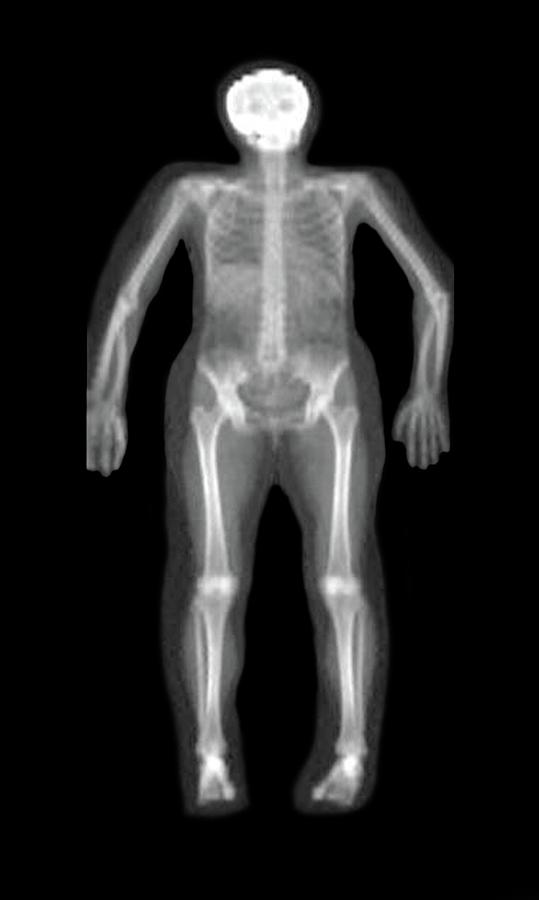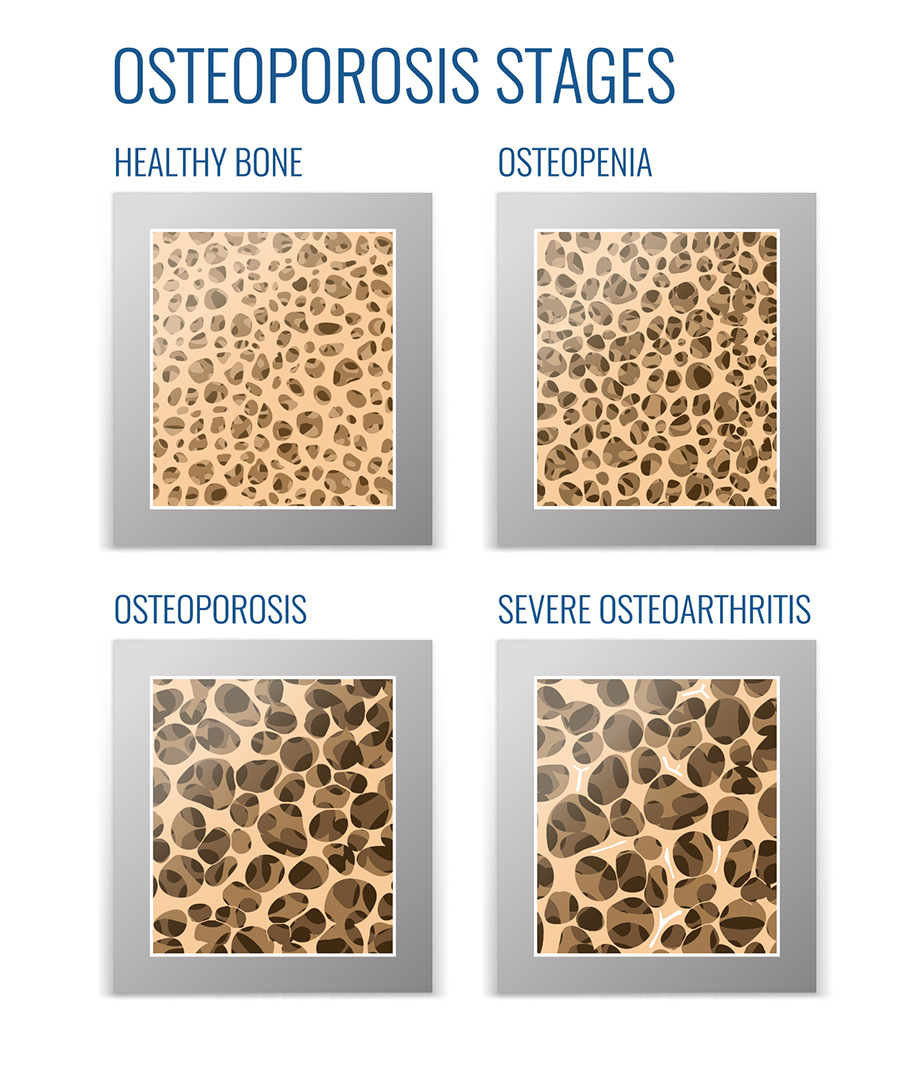
BONE DENSITY ARCHIVE
X Trustworthy Source PubMed Central Journal archive from the U.S. Make sure you’re adding foods that contain vitamin D to your diet to help with calcium absorption so you can build strong and healthy bones. People under the age of 70 should get at least 600IU of vitamin D daily people over 70 should get at least 800IU daily. It's also a crucial component in bone rebuilding.

Vitamin D helps improve your body’s ability to absorb calcium. National Institutes of Health Go to sourceĪdd vitamin D rich foods to your diet to help your body absorb calcium. But don’t take calcium supplements without first talking to your doctor because too much calcium can have unpleasant side effects, including the possibility of kidney stones. The two main forms are calcium carbonate and calcium citrate. Calcium is also available in dietary supplements.Because many people eat these cereals daily with milk, they’re a good, consistent source of calcium. Choose whole-grain breakfast cereals that have been fortified with calcium and other nutrients and are low in sugar.In addition, they contain vitamin D, which helps your body absorb calcium. Sardines and salmon are also excellent sources of calcium and omega-3 fatty acids, which are vital for brain health.Vegetable sources rich in calcium include turnips and collard greens, bok choi, black-eyed peas, kale, and broccoli.If you choose soy milk, almond milk, or other dairy substitutes, look for ones that have been fortified with calcium.Many dairy products such as milk, cheese, and yogurt, are very rich sources of calcium.Pregnant or lactating women should consume at least 1,300mg of calcium daily. Men over 70 and women over 50 should get at least 1,200mg per day.


It is advised that you perform your bone density exam at the same location as your previous bone density exam(s).Arrive 15 minutes prior to your scheduled appointment time with a prescription if your doctor has given you one.If you wear clothing with no metal you may not be required to change for the appointment.No calcium supplements 24 hours prior to appointment.Men older than 70 and women who are age 65 or over, postmenopausal or recently stopped hormone therapy should also be tested. The National Osteoporosis Foundation recommends a bone density test for individuals who are over age 50 with a history of a broken bone. The denser the bones, the stronger they generally are and the less likely they are to break. The higher the bone mineral content, the denser the bones are. Calcium is the mineral that makes up your bones. Scans of your lower back, hip, or forearm are taken to measure the amount of calcium (density) in your bones. A Bone Density study helps diagnose osteoporosis (bone thinning).


 0 kommentar(er)
0 kommentar(er)
